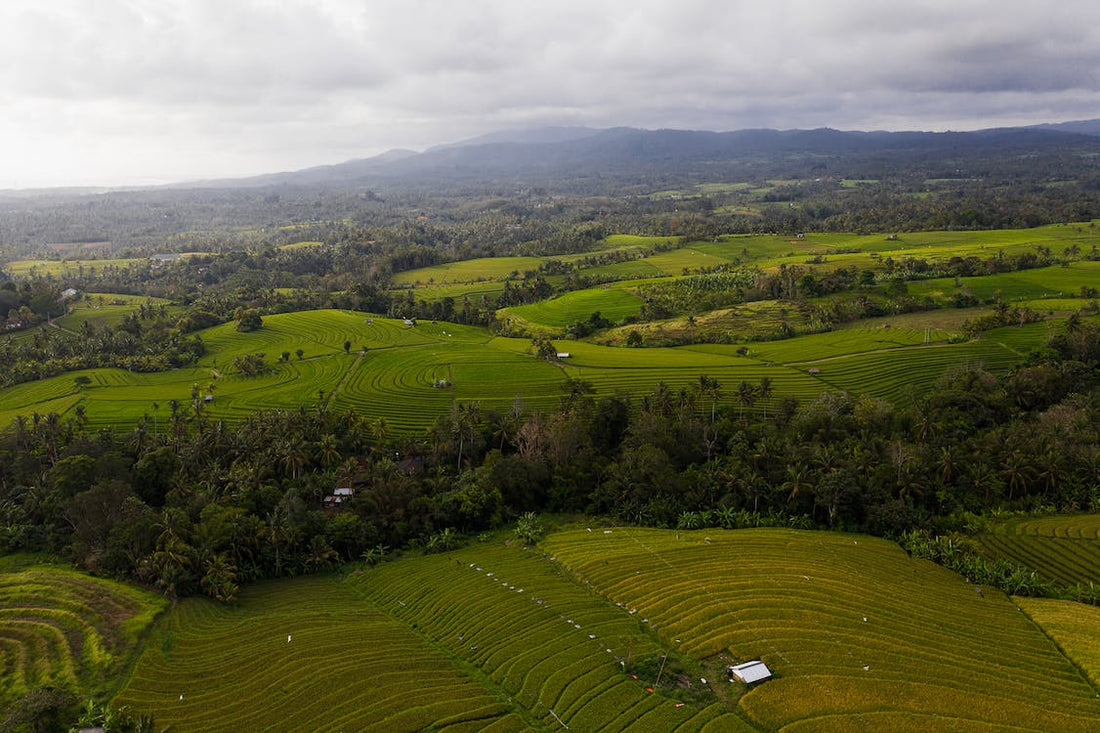

Nature-based interventions are actions that use natural systems, such as forests, oceans, and wetlands, to address environmental challenges, including climate change. These interventions can involve protecting, conserving, and restoring natural syste Read more
Trending
Trees for Corporates
How Nature-based interventions can reverse climate change?
Nature-based interventions are actions that use natural systems, such as forests, oceans, and wetlands, to address environmental challenges, including climate change. These interventions can involve protecting, conserving, and restoring natural systems, as well as incorporating them into climate change mitigation and adaptation strategies. Some examples of nature-based interventions for reversing climate change include:
-
Reforestation and afforestation: Planting trees and forests helps absorb and store carbon dioxide from the atmosphere, reducing the amount of greenhouse gases in the atmosphere and mitigating the effects of climate change. Reforestation and afforestation efforts can be carried out on a large scale, such as through the planting of millions of trees in a region, or on a smaller scale, such as the planting of trees in urban areas or on farms.
-
Wetland restoration: Wetlands, such as marshes, swamps, and peatlands, are natural systems that can absorb and store large amounts of carbon dioxide. Restoring these systems can help reduce the amount of greenhouse gases in the atmosphere. Wetland restoration can involve the creation of new wetlands or the restoration of degraded wetlands through the removal of pollutants and the planting of native vegetation.
-
Ocean fertilization: Adding nutrients to the ocean, such as iron or nitrogen, can stimulate the growth of phytoplankton, which absorb carbon dioxide from the atmosphere as they grow. This process, known as ocean fertilization, has the potential to sequester large amounts of carbon dioxide from the atmosphere. However, ocean fertilization is still a relatively new and untested intervention, and more research is needed to understand its potential impacts on the ocean ecosystem.
-
Agroforestry: Agroforestry combines agriculture and forestry in a way that benefits both sectors and the environment. For example, trees can be planted in agricultural landscapes to provide shade and habitat for animals, as well as to absorb and store carbon dioxide. Agroforestry systems can also help to reduce soil erosion, improve soil health, and increase water infiltration and retention in the soil.
-
Green infrastructure: Green infrastructure, such as green roofs, rain gardens, and permeable pavements, helps to manage stormwater runoff, reduce erosion, and improve air quality. These interventions can also help reduce the amount of carbon dioxide in the atmosphere by increasing the amount of carbon sequestered in soil and vegetation. Green infrastructure can be incorporated into the design of new developments or retrofitted into existing ones, and can be an effective way to mitigate the urban heat island effect and reduce energy use.
In conclusion, nature-based interventions can be an effective way to address climate change by reducing the amount of greenhouse gases in the atmosphere and adapting to the impacts of a changing climate. These interventions can be implemented at various scales, from small-scale projects in urban areas to large-scale efforts across entire regions. Keywords: nature-based interventions, climate change, reforestation, afforestation, wetland restoration, ocean fertilization, agroforestry, green infrastructure.
You may also like
Corporate Plantations
Most Popular
Connect with us
-
👥 Corporates
If you are looking for:
- 🌲 Tree Plantation Events
- 📊 CSR Projects
📧 corporate@growbilliontrees.com
📞 +91 9699723523
💬 +91 9325931304 WhatsApp (Only)
🕒 Mon - Sat | 10am - 7pm IST
-
🧩 Tree Plantation NGOs
If you are looking for:
- 💰 Financial Assistance
- 🤝 Operational Support
📧 support@growbilliontrees.com
📞 +91 9699723523
💬 +91 9325931304 WhatsApp (Only)
🕒 Mon - Sat | 10am - 7pm IST
-
🌼 Individuals
If you are looking for:
- 👥 Group Tree Plantation Drive
- 🌳 Bulk Tree Plantation
📞 +91 9699723523
💬 +91 9325931304 WhatsApp (Only)
🕒 Mon - Sat | 10am - 7pm IST





















